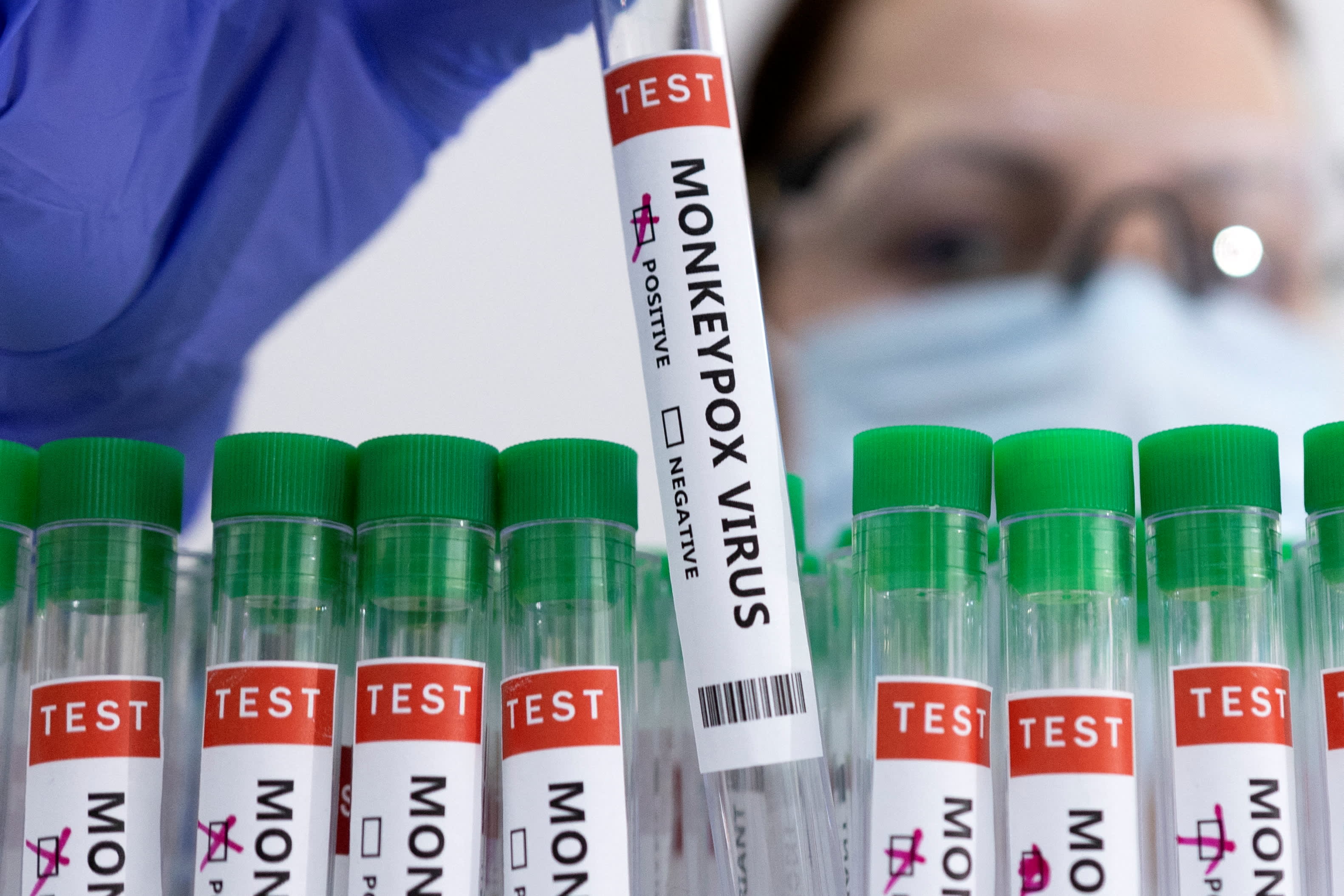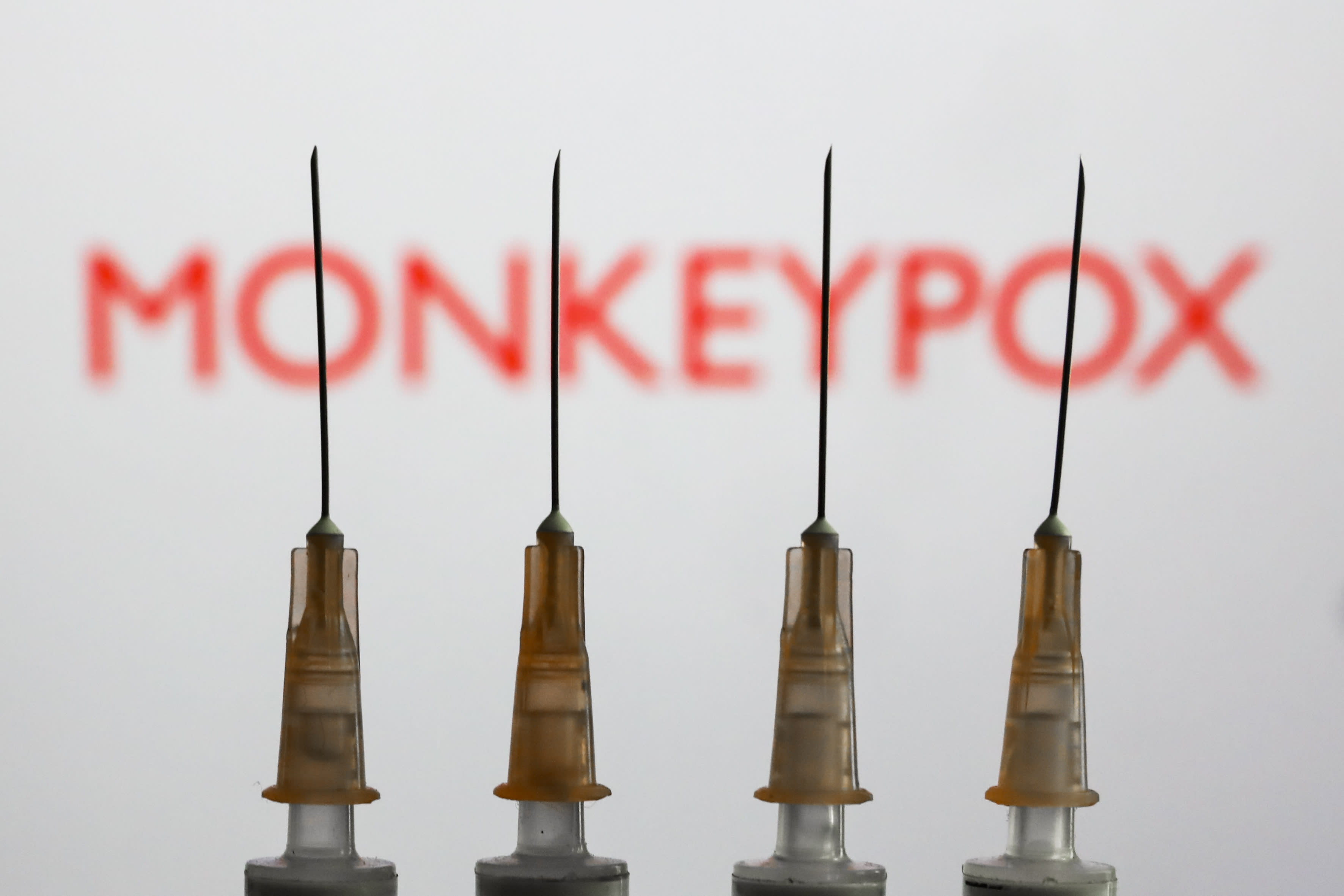Two more people have tested positive for what is presumed to be monkeypox in New York City, city health officials said Wednesday.
"Two more people have tested positive for orthopoxvirus in NYC, which is presumed to be monkeypox. We will be conducting contact tracing and monitoring and will refer people for care if necessary. Monkeypox is rare in New York City but we can prevent the spread," the city Department of Health and Mental Hygiene tweeted.
As of Tuesday night, the CDC said there were 18 confirmed cases nationwide from the recent outbreak. That's double from the agency's update last Thursday.
Get Tri-state area news delivered to your inbox.> Sign up for NBC New York's News Headlines newsletter.
Globally, the World Health Organization has identified infections from the current outbreak in 12 countries.
The WHO says so far, there is no link between this outbreak and travel to countries where the virus is already endemic.
What Is Monkeypox?
Monkeypox was first discovered in 1958, when outbreaks occurred in colonies of monkeys kept for research -- resulting in its name. (What you need to know about monkeypox.)
The first case in a human was reported in 1970 in the Democratic Republic of the Congo, which still has the majority of infections. Other African countries where it has been found: Cameroon, Central African Republic, Cote d’Ivoire, Democratic Republic of the Congo, Gabon, Liberia, Nigeria, Republic of the Congo and Sierra Leone.
Human symptoms of monkeypox are similar to but milder than the symptoms of smallpox, the CDC says. It presents itself as a flu-like illness accompanied by lymph-node swelling and rash on the face and body.
Monkeypox starts off with fever, headache, muscle aches, and exhaustion. Monkeypox also causes lymph nodes to swell, something that smallpox does not. The incubation period is usually 7−14 days but can range from 5−21 days.
The CDC is urging healthcare providers in the U.S. to be alert for patients who have rashes consistent with monkeypox, regardless of whether they have traveled or have specific risks for monkeypox. See more information from the travel notice here.



